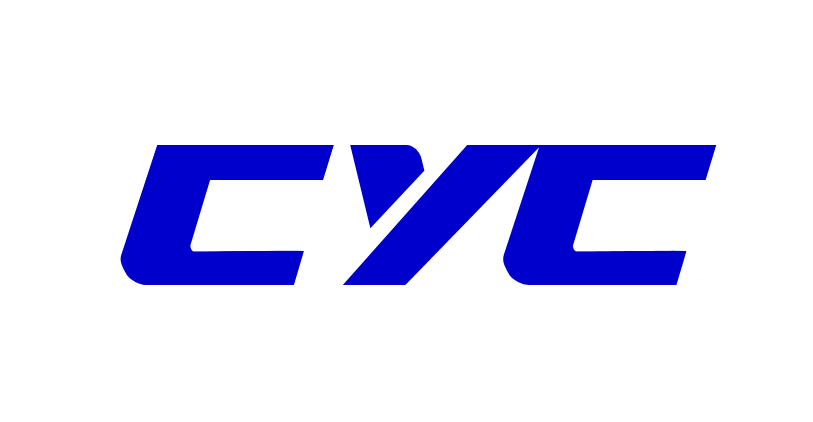CareersYouCreate
Money Smart Small Business
An FDIC and SBA Business Training Curriculum for Entrepreneurs
Money Smart Orientation
Money Smart for Small Business is a FDIC and SBA Business Training Curriculum for Entrepreneurs. Each of the modules are instructor guided and are taught in vary ways and methods according to industry, size and location.
Money Smart Overview
What will be covered?
The following modules provide an introduction to the basic concepts to be covered. Each module can be completed in apporimately 60 minutes.
Lesson 1: Is Owning a Business a Good Fit for You?
After completing this module, participants will be able to:
- Distinguish the myths and realities of small business ownership.
- Start a self-assessment to determine their readiness to become business owners.
- Set a plan of action gathering feedback from family, friends and potential customers.
Lesson 2: Planning for a Healthy Business
After completing this module, participants will be able to:
- Convert a vague idea into a resource plan.
- Understand how a business plan helps motivate stakeholders to support their business ideas.
- Understand the importance of personal credit and a healthy relationship with lenders.
Lesson 3: Managing Cash Flow
This module should be taught after the Financial Management module has been completed. After completing this module, participants will be able to:
- Understand the purpose of cash flow management in a small business.
- Make cash flow projections based on the cash cycle.
- Identify some ways to manage cash flow, including receivables and payables.
- Work more effectively with technical experts.
Lesson 4: Organization Types
After completing this module, the participants will become familiar with the common types of business formations, including:
The pros and cons of business structures
- Sole Proprietorship
- Partnership
- Limited Liability Company (LLC)
- C-corporation
- S-corporation
Lesson 5: Time Management
After completing this module, the participants will be able to:
Improve their time management skills. Learn tips to make you more efficient
- Apply some common time management practices, such as:
- ABC Analysis
- Pareto Analysis
- Eisenhower Method
- POSEC Method
Lesson 6: Financial Management
After completing this module, the participants will be able to:
- Understand the essentials of financial management.
- Apply financial management practices, rules, and tools most relevant for small businesses.
- Prepare for common business financing needs: start-up finance, working capital, and fixed asset loans.
Lesson 7 : Recordkeeping
After completing this module, the participants will be able to:
- Improve their overall recordkeeping practices.
- Apply tricks and tools relevant to their business.
- Choose among various software to support their recordkeeping.
Lesson 8: Banking Services
After completing this module, the participants will be able to:
- Recognize the most common banking services for small businesses, including merchant services, payroll processing, business credit and others.
- Understand how other small business owners decide which banking services to use.
- Evaluate the applicability of each of banking service to their business needs.
Lesson 9: Credit Reporting
After completing this module, the participants will be able to:
- Understand how credit reports are used in the underwriting of business loans.
- Apply common business practices and tools to help in proper credit reporting.
- Develop strategies to build or improve their business’ credit.
- Protect themselves from credit-related scams and know what to do if their business becomes a victim.
Lesson 10: Risk Management
After completing this module, the participants will be able to:
- Understand the external and internal factors which affect risk for a small business.
- Recognize the common warning signs of risk for a small business.
- Implement, monitor, and evaluate a risk management plan for their business.
Lesson 11: Insurance
After completing this module, the participants will be able to:
- Understand their business’ insurance needs.
- Choose the insurance products that are best for their business.
Lesson 12: Tax Planning and Reporting
After completing this module, the participants will be able to:
- Predict their businesses’ federal, state and local tax liabilities.
- Prepare for tax obligations and establish proper accounts.
- Obtain the proper licenses for their business and meet reporting requirements.
Lesson 13: Selling Your Businessand Succession Planning
After completing this module, the participants will be able to:
- Incorporate life-cycle issues into their management planning.
- Decide the best option for them to exit their business.
- Prepare for retirement.
SPECIAL EDITIONS
We offer the following Special Editions of Money Smart:
- Money Smart for Adults
- Money Smart for Young People
- Money Smart for Youth K-12
- Money Smart for Older Adults
- Money Smart for Emerging Businesses
- Money Smart Social Enterprise Edition
- Money Smart for Family Owned and Operated Businesses
- Money Smart for E-commerce Businesses
- Money Smart by Industry ( we can customized an industry specific edition of Money Smart upon demand)
Upcoming Opportunities
Reserve Your Session Today!
No Events were found.
